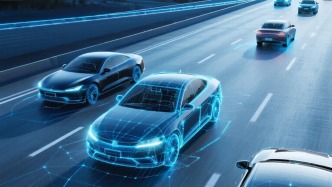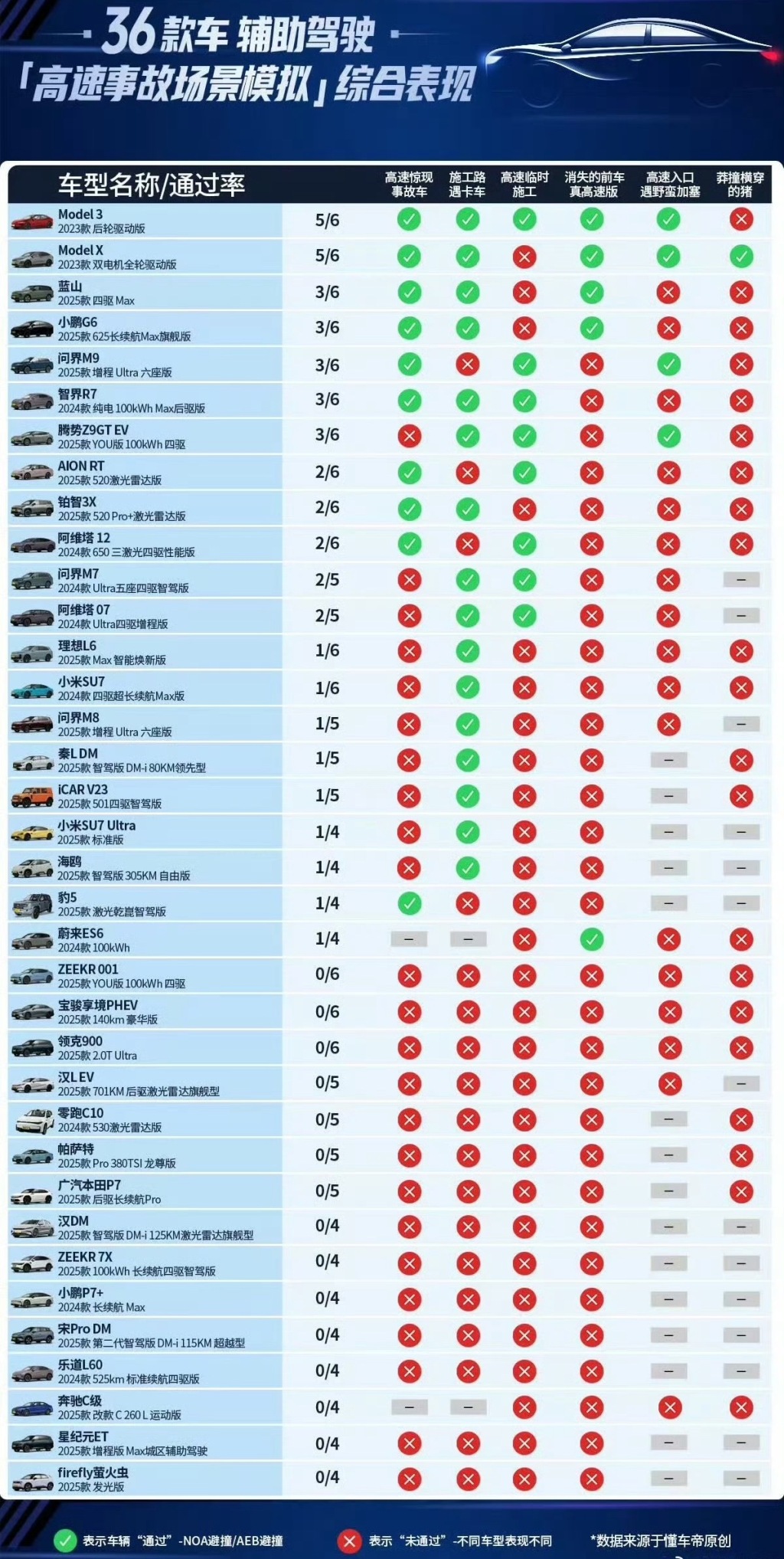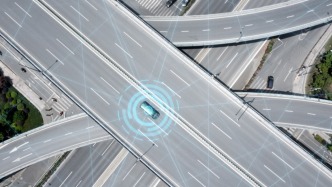
More and more car companies are beginning to explore ways to provide coverage for accidents involving smart driving functions.
On July 9, BYD announced that it was the first in the world to achieve smart parking comparable to L4 level, and promised that in the Chinese market, BYD will fully guarantee the safety and losses of all Tianshen Eye vehicle users in smart parking scenarios. BYD emphasized that users do not need to go through the insurance process to deal with the safety of Tianshen Eye smart parking assistance and the losses borne by the vehicle in accordance with the law, and can directly contact BYD after-sales service.
BYD is not the first automaker to provide some intelligent driving functions. Before this, Xiaopeng Motors and Hongmeng Intelligent Driving have also launched similar intelligent driving benefits.
At the end of last year, Hongmeng Intelligent Driving launched the "Smart Driving Worry-Free Service Benefit" priced at 4,000 yuan. Public promotional materials show that this benefit provides a certain amount of financial compensation for the personal out-of-pocket portion of the car owner that is not covered by the insurance purchased in the event of an accident occurring during the operation of the smart driving mode.
In April this year, Xiaopeng Motors officially launched the Xiaopeng Intelligent Assisted Driving Peace of Mind Service, with a one-year fee of 239 yuan and a maximum compensation of 1 million yuan. If an intelligent driving accident occurs, the car insurance can be used for compensation first, and the part of the car insurance compensation that is insufficient can be used as a guarantee by using this product.
Zhang Xiang, a researcher at the Automotive Industry Innovation Research Center of North China University of Technology, told The Paper that similar safety net products are definitely not a losing proposition for automakers. "Parking scenarios are relatively simple: first, the vehicle speed is very slow, so the brakes can take effect immediately, and there is no problem with braking distance at high speeds. Second, the probability of someone being in the garage is very low, so it can be guaranteed to be safe enough in low-speed scenarios. Therefore, the safety net of smart driving insurance can technically ensure that the probability of accidents is extremely low."
Focus on issues such as scenario definition and responsibility determination
As intelligent assisted driving becomes more and more popular, the launch of such peace of mind services can not only demonstrate the confidence in its own intelligent driving assistance technology, but also provide an extra layer of protection for drivers and passengers. However, the issue of liability determination has also sparked a lot of debate.
For example, many netizens said on social media that whether the intelligent driving system was used at the time of the accident was determined by the car company, and the driver may not have time to react if the intelligent driving system suddenly quits, which may also cause an accident. Previously, the media reported that a car company had problems in determining responsibility during the intelligent driving rights compensation process.
Wang Yu, director of the Shanghai Corporate Governance Business Committee of Dehe and partner of Shanghai Dehe Hantong Law Firm, pointed out in an interview with The Paper that the scope of "smart parking" scenarios covered by the car companies' promises may not be unlimited. For example, does this promise only apply to specific parking lots, or does it also include parking in narrow streets or private parking spaces? If the scope is not clearly defined, consumers may face disputes after an accident.
At the same time, Wang Yu said that when smart parking causes an accident, it is not clear who has the right to decide whether the smart parking function was enabled when the accident occurred. If this judgment is completely controlled by the car company, consumers may be at a disadvantage because the lack of independent verification may lead to disputes.
Zhang Xiang also believes that "car companies are both sellers of 'intelligent driving insurance' and claim definers of 'intelligent driving insurance'. This identity of combining 'athlete and referee' in one may make the 'intelligent driving insurance' clause a new tool for car companies to shirk their responsibilities."
Expert: "Smart Driving Insurance" is still a car owner's rights product, and sharing data between car companies and insurance companies is the key
In the view of industry insiders, this type of "smart driving insurance" that provides a guarantee for smart driving is a development trend worth exploring, but it is not a real insurance product and will remain an equity product dominated by car companies in the long run. Insurance companies will only truly enter the market after smart driving technology, data sharing, and related regulations are relatively mature.
Zhang Xiang believes that other car companies will also join this guarantee method in the future, which is a means to reassure consumers. Car companies know that the accident rate of parking is very low, so they dare to guarantee the bottom line. The purpose of car companies is to make consumers willing to buy parking functions - after all, developing this function requires research and development costs, and only when consumers pay for it (whether the function is purchased separately or included in the price of the car) can the company generate income. He added that it doesn't matter if an accident happens occasionally, and the users in the entire pool are enough to cover such occasional small accidents.
An insurance industry insider told The Paper that it is not realistic for commercial insurance companies to launch comprehensive intelligent driving insurance at the moment. On the one hand, insurance companies lack relevant data on intelligent driving. Due to insufficient accident data in the field of intelligent driving, actuaries face difficulties in formulating insurance clauses, calculating premiums and determining compensation amounts. On the other hand, laws and regulations in the field of intelligent driving cannot support relevant insurance products, and it is too difficult to determine accident liability. Therefore, intelligent driving insurance cannot be fully promoted for the time being.
She emphasized that most of the so-called "smart driving insurance" currently launched by car companies is not insurance in the strict sense, but as laws and regulations mature and car company data is opened to insurance companies, insurance companies can give full play to their risk assessment and actuarial advantages, gradually develop appropriate insurance products, and effectively protect the rights and interests of car owners. The core of this is data sharing.


